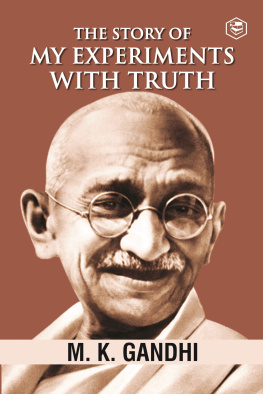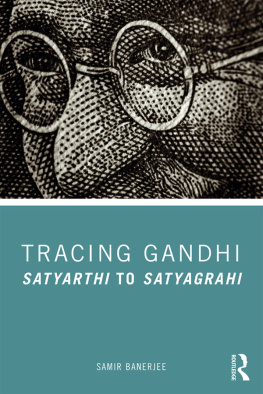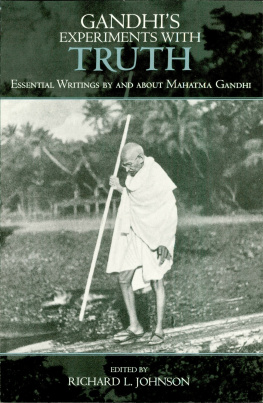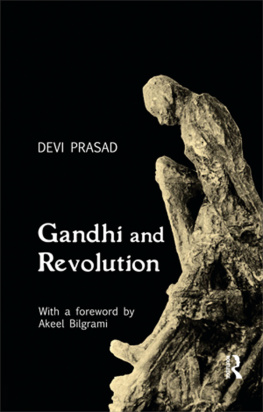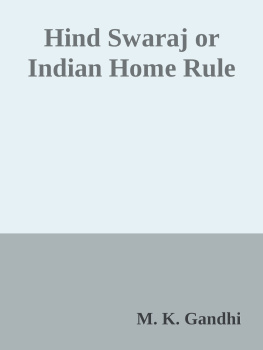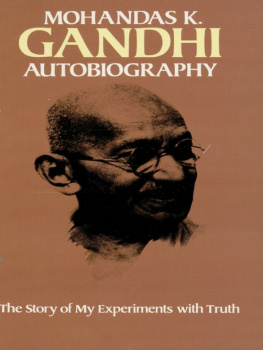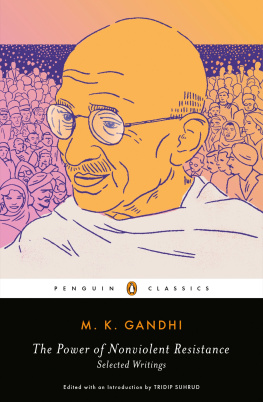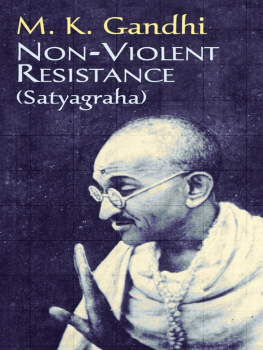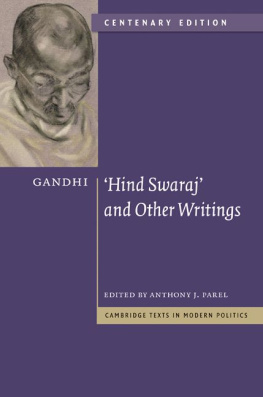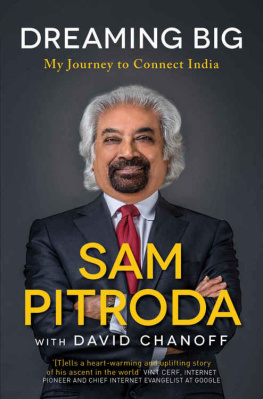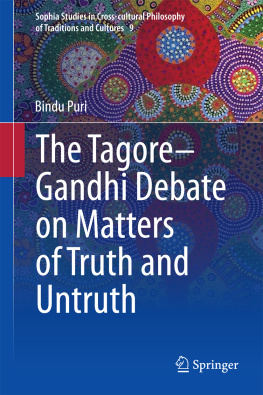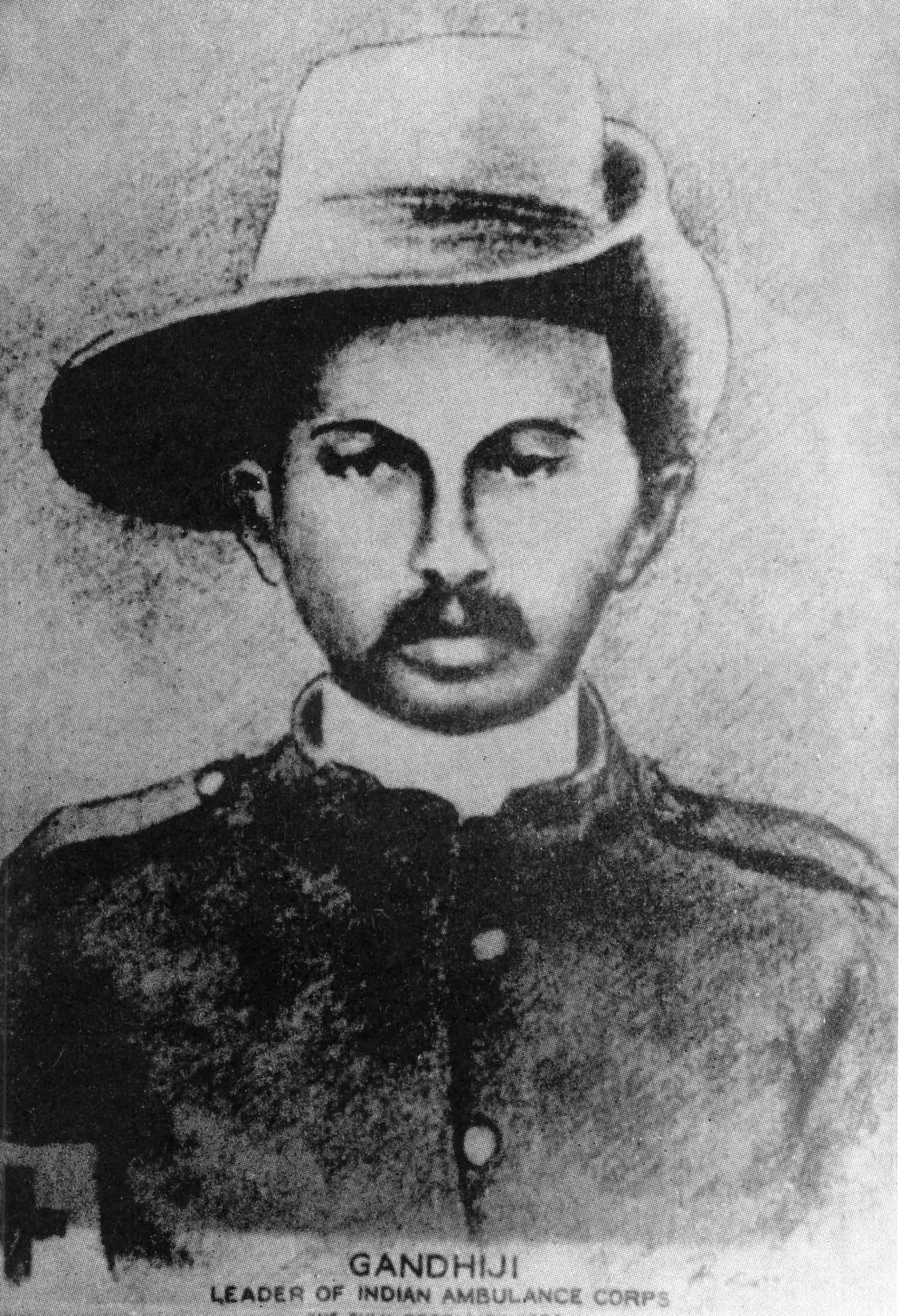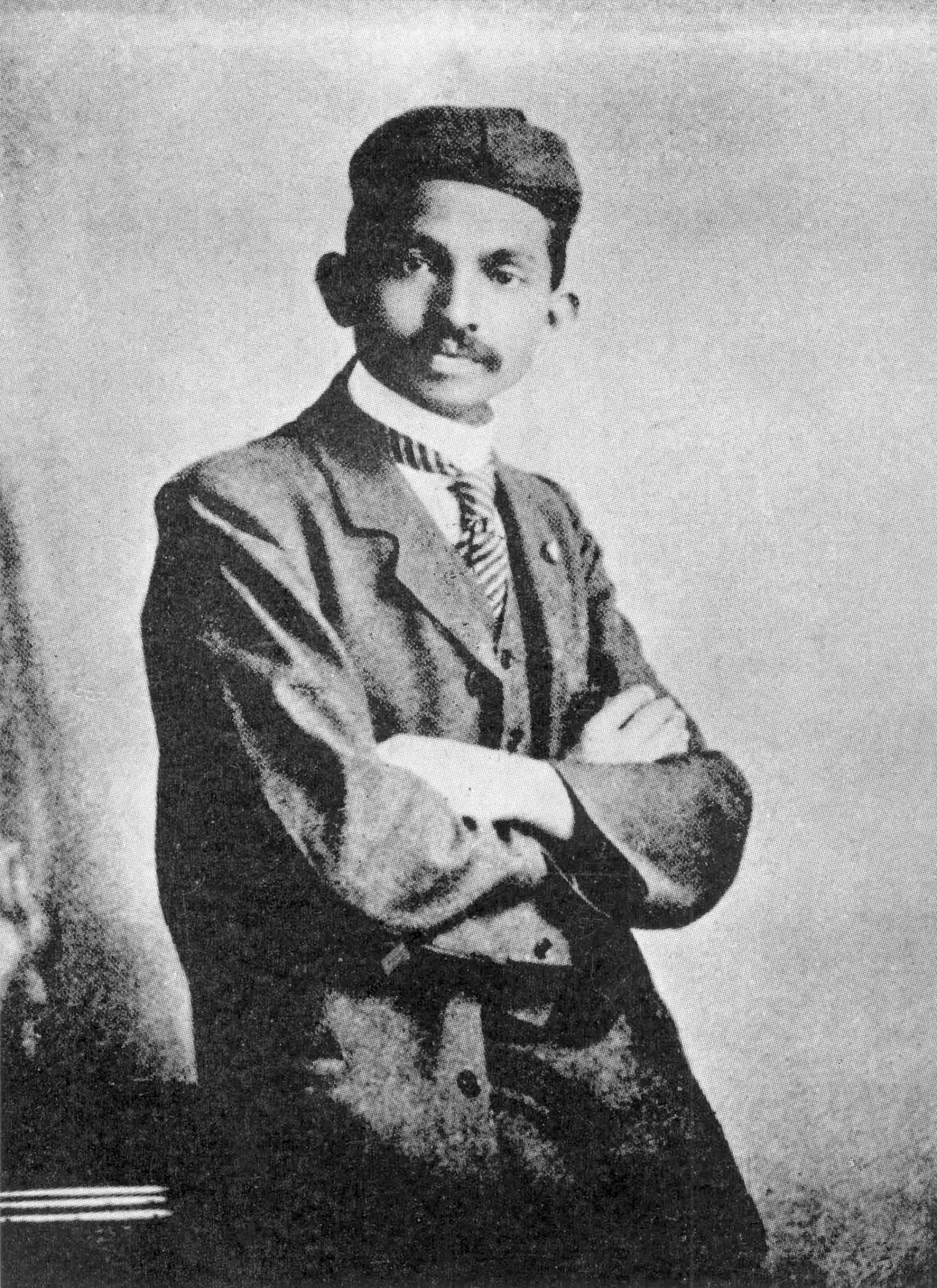CWMG, vol. 5 (19051906), Frontispiece, Undated.
To The Reader
Enclosed herein in these field notes is a record of our speeches and statements over the last two years. The words are, with minor corrections, the words we spoke.
This record begins with the issue that brought us together, Indian Standards. There are 19,000 such documents, all published by the Government of India. These standards comprise the technical knowledge that governs the way we keep our world safe. They are laws about safety.
Indian Standards cover so many topics important to our modern technical world: the safety of public and private buildings, the safety of pesticides, the safety of textile machines in factories, the transportation of hazardous materials, the control of adulterants in foods and spices, the methods of irrigation and flood control.
Those documentsin India, as in much of the rest of the worldwere restricted in their use, and unavailable to those that needed to consult them. They were subject to copyright, sold for unreasonable sums, and tightly controlled by technical means. We bought those standards, posted them on the Internet for free and unrestricted use, and notified the Indian government by letter, then by formal petition of our actions.
When the government refused to provide updates to the standards, we brought a Public Interest Litigation suit in the Honorable High Court of Delhi in New Delhi. We committed this as an act of satyagraha, the pursuit of soul-truth, a considered act of nonviolent resistance. We confess with no hesitation that we are disciples of Mahatma Gandhi and students of the history of the struggles for justice and democracy in India and the United States.
We committed this act to further the education of engineers in India, to keep cities safe, to inform the citizenry. We make no apologies for these actions. These documents have had millions of views. There was clearly a crying need for the dissemination of this valuable information.
We call this book Code Swaraj for a reason. When we say Code we mean more than the source code that our computers run on or the protocols that define the Internet. By Code we mean any rulebook, be it the governing protocols for the Internet or the laws and regulations that are the operating systems of our democracies. Likewise, swaraj is the principle of self-rule, that a government is owned by the people and ruled by our common will. Code swaraj means an open rule book, a book owned by and known by the people.
Without an open rulebook, the Internet we have today would have been very different. We believe all our infrastructures should be based on open and transparent rules, ones that allow anybody to understand how the system works and how to make it better. Such a principle is a core principle of democracy, it is what we mean by democratizing information, removing barriers to entry.
We believe that in a society with true code swaraj, there is room to strive even further, to achieve aspirational goals such as universal access to all human knowledge. The Internet has taught us that an open system can grow beyond our wildest dreams. That lesson must be applied more broadly.
Gandhis movement for freedom was not just about freedom for India, it was about instilling the principles of self-rule, democracy, and decolonization for the entire world. The principles of equal opportunity for all, of democratizing information, of trusteeship and nurturing the common good are deeply embedded in the ideas of Gandhi and those he led.
The techniques we use are inspired by those who came before us. Even if the peril that we face personally are nowhere near as dangerous, we have taken to heart the lessons of continuous struggle. The techniques and methods of satyagraha may be applied to problems both big and small, but what matters is that we all strive to make our democracies work. We own our governments in a democracy, and unless we engage in public work, unless we educate ourselves and our rulers, we will cede our position as trustees of our world.
We have included a large number of photographs in this book. This book is a mashup. This is because we are inspired by the photographs, we love looking at the old photos contained in the Collected Works of Mahatma Gandhi and in the archives of the Ministry of Information. All knowledge builds on what is already there, and we have built this book on material that is on the net for free access by all.
We also hope that you will take time to explore these wonderful resources and use the materials in your own work. Universal access to knowledge is a human right, but we must do more than just consume knowledge, we must all contribute to the common pool.
We are both technical people. We have worked in telecommunications and computers all our life. The Internet is a miracle that has changed the world, but it has so much more potential, and we see far too many people who are technical like us spending their days working on a new app or the pursuit of more ad clicks.
So much of the world of business focused on gaining private advantages through arbitrage and monopoly as the world becomes ever more unequal. We hope more of our colleagues will take the time to do public work and to be inspired by the ideas of Gandhi to help make our world a better place, a world focused on public good not just on private gain.


